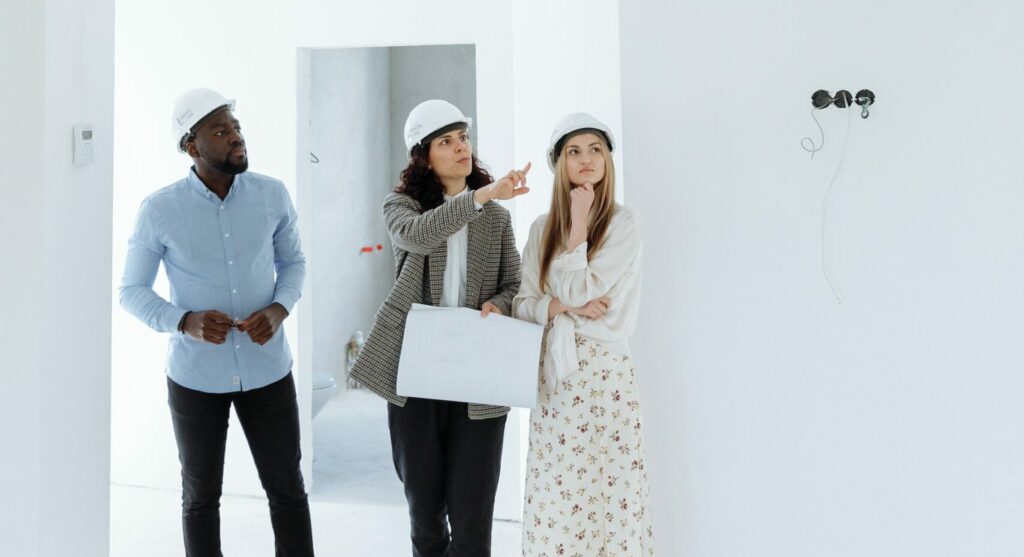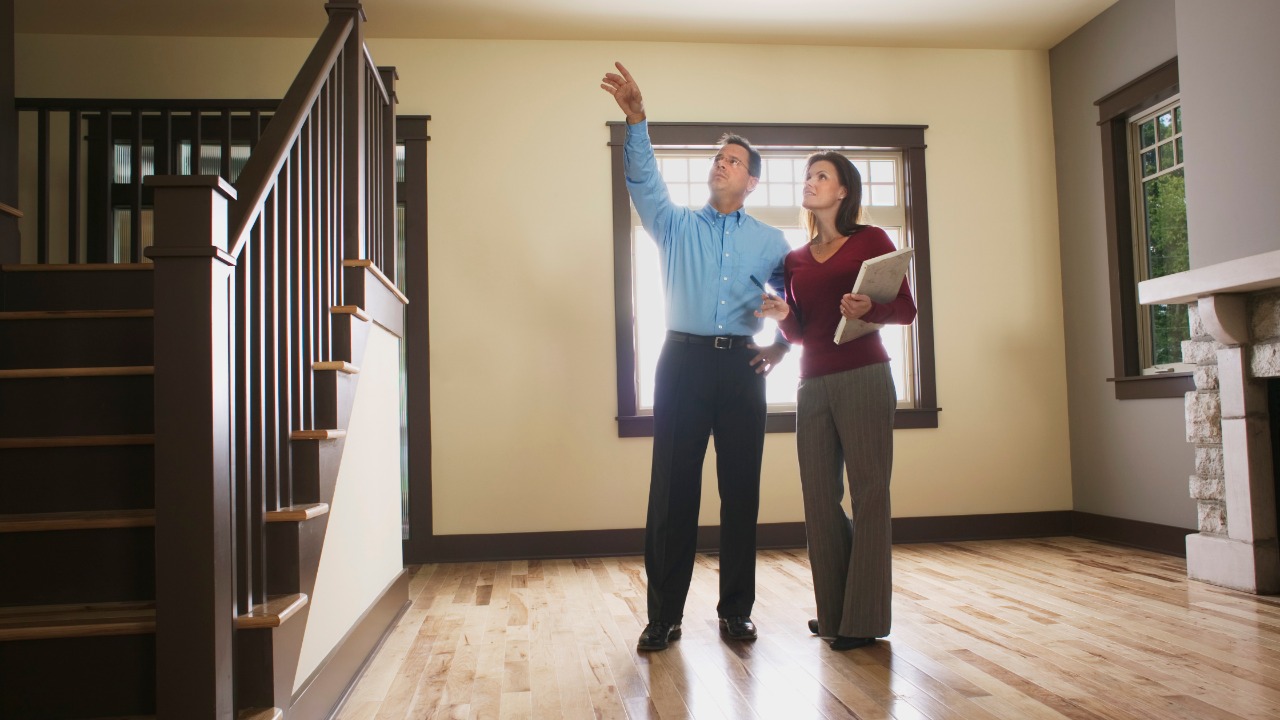What To Look For in a Rental House Self-Inspection
March 10, 2021
When buying a home, getting a home inspection is a necessity. This provides buyers with invaluable insight into the condition of their future homes and safeguards against unexpected costs down the road due to needed repairs or upgrades. Even though an inspection isn’t usually mandatory when renting a home, it’s important for renters to carefully inspect the rental property before signing the lease. A self-inspection will help make sure that their living space is free of issues. When conducting a rental property inspection, here are some of the things to look for.
9 Things To Look For When Renting a House

1. Walls
One of the first things you notice when walking into a rental property is the walls. From the paint to the materials used, the walls should be in good condition. If the paint is chipped or there are stains and water damage, these could be signs of neglect or a lack of maintenance. Here are a few other things to look for when inspecting the walls:
- Check for cracks in the interior walls.
- Look for mold which can be signs of water damage.
- Bulging and leaning walls (like a leaning inward curve) are a sign of a serious structural issue with the house.
2. Flooring and Carpeting
The floor is just as important as the walls in any property. Having floors or carpeting in poor condition can not only be an eyesore but can also be a safety hazard. Uneven flooring could be a sign of moisture underneath it and it could eventually crack the flooring. If the floors are carpeted, tears, stains, or other signs of damage should be noted. Dirty carpets can cause unwanted smells and allergies, so make sure to check them carefully.
3. Windows and Doors
Windows and doors are the entry and exit points of the home which means they are important for two reasons: security and energy efficiency. You’ll want to pay special attention to the locks on the doors and windows. Make sure they are all working properly as they are your main line of defense against intruders. The windows and doors need to also have insulation that keeps the heating and cooling inside the home. Bad insulation will have signs of air leakage, such as a drafty feeling or gaps between the window or door frame and wall.
4. Heating and Air Conditioning
Speaking of heating and cooling, the HVAC system should be checked as well. Check the air filters and vents for any dirt or dust buildup as this can reduce the efficiency of the system. All of the rooms in the house should get steady airflow when the HVAC system is running. Remember, bad insulation will make you pay more for your power bills as the heater and air conditioner will be working harder to maintain the temperature in the house.
5. Electricity
Electricity is a necessity nowadays but the function of it can get compromised due to faulty wiring or outdated outlets and switches. Before you sign the rental agreement, ask the landlord about all of the light switches and what each one leads to. You should also ask about the electrical outlets and even try out most of them to see if they are working. Lastly, ask the landlord if the house runs on a circuit box or a fuse box. A fuse box is outdated and can cause lots of issues for renters.
6. Plumbing
Plumbing issues are often the most difficult to detect, due to their hidden nature. However, you can carefully check for any type of water leakage or plumbing fault. Any signs of wetness, excessive moisture, or mold damage should ring the alarm bells for you. Kitchens and bathrooms are some of the most prone to water leakages for obvious reasons.
7. Home Appliances
Just because you saw appliances at the time of the rental inspection, does not guarantee that those appliances belong to the house. Before signing a rental contract, renters should always ask what home appliances such as are included in the property. If any appliances are included with the property, make sure to test them and see if they are in working condition. This is important because no one wants to end up paying for something they didn’t even use or sign-up for.
8. Carbon Monoxide Detectors and Safety Equipment
Don’t forget to check the safety equipment, such as smoke and carbon monoxide detectors, in your rental property. They are essential for early detection of fires or other hazardous situations. Make sure that every room has a working smoke and carbon monoxide detector installed. It might also be wise to check for fire extinguishers along with their expiration dates. Your landlord should have all of the information about emergency scenarios and what to do in such circumstances.
Read More: How To Fireproof Your Home
9. The Exterior of the House
The indoors is extremely important to thoroughly investigate when considering a rental property, but the exterior should not be ignored. Everything from the porch to the neighborhood needs to be looked into. The lawn, stairs, driveway, and garage are also some of the things you should check. What is the parking situation like? Who takes care of cutting the grass? What are the rules of the neighborhood? These are just some of the questions that should be asked before you agree to rent a property.
Summary
Any problems found in the rental property should be considered when deciding to rent it. Not only can they reflect badly on the property but they can also reflect poorly on the landlord. Landlords should be transparent about any issues found with the rental property and if they’re not, it could that’s a sign to move on. Following the above-mentioned tips can help you identify any major issues in the house and save you from making a wrong decision.

